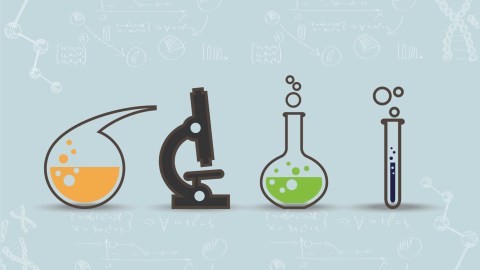How Science Encourages Moral Behavior

What’s the Latest Development?
Despite the politically charged nature of scientific findings in today’s public arena, a team of scientists from the University of California Santa Barbara recently sought to test the moral value of science. They hypothesized that, on the whole, individuals would see the scientific method—which emphasizes truth-seeking, impartiality, and rationality in the service of collective well-being—as a fundamentally moral pursuit. “Their new study, published in the journal PLOSOne, argues that the association between science and morality is so ingrained that merely thinking about it can trigger more moral behavior.”
What’s the Big Idea?
The strongest evidence for science as a cause of moral behavior came from a technique, employed during the study, called priming. When individuals were prompted by words associated with science, such as “logical,” “hypothesis,” “laboratory,” and “theory,” they more strongly condemned immoral behavior and were more likely to act in altruistic ways. There is, however, a significant downside to attaching moral values to the scientific method: When findings contradict our strongly held beliefs, we are more likely to experience cognitive dissonance, finding excuses and justifications to not believe what is otherwise plainly true.
Photo credit: Shutterstock.com
Read it at Scientific American





